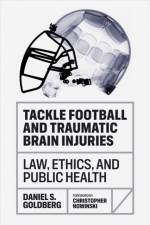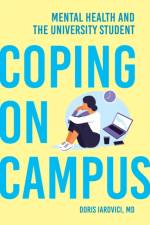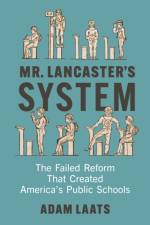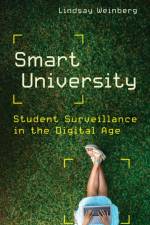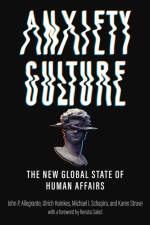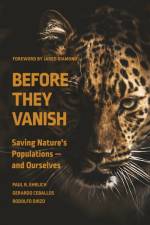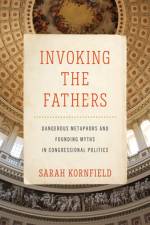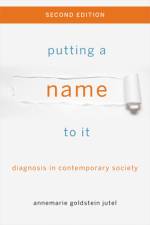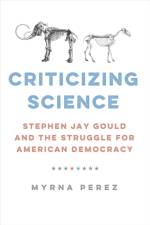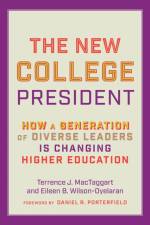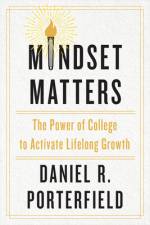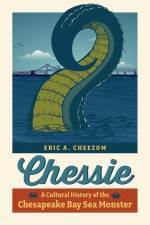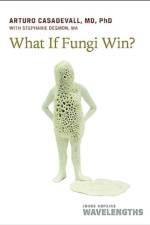621
The latest groundbreaking work in eighteenth-century studies. Showcasing exciting new research across disciplines, Volume 53 of Studies in Eighteenth-Century Culture explores the juxtaposition between the fanciful romances and historical realities of the global eighteenth century. Katarzyna Bartoszynska assembles a series of essays on the work of the late seventeenth-century Japanese writer Ihara Saikaku. Susan Spencer evaluates Saikaku's status as a celebrity author, David A. Brewer considers the uses of woodcuts in Saikaku's texts, and Scott Black reflects on Saikaku's relationship to modernity and realism. In other essays, new perspectives are offered on the ideological functions of literary texts and visual art produced in Britain, France, and Anglophone North America. Ziona Kocher examines the queer pleasures of cross-dressing in William Wycherley's The Country Wife, and Anaclara Castro-Santana reads Benjamin Hoadly's The Suspicious Husband as a political production. Ann Campbell assesses Moll Flanders's creative use of legal contracts, while Aphra Behn's Oroonoko leads Jeremy Chow to posit the existence of an "interspecies imaginary" in the context of the period's colonialisms. Yasemin Altun argues that Élisabeth-Sophie Chéron's controversial design for a print functioned as a feminist statement. Lilith Todd uses Sianne Ngai's concept of "stuplimity" to explain the feverish style of natural histories like Hans Sloane's Voyage, and Emma Pearce documents the subversive implications of global fashion. Michael Monescalchi's essay draws out the political theory of evangelical republicanism in the sermons of Lemuel Haynes and Timothy Dwight. A focused section on "Venice, Real and Imagined" follows, introduced by Irene Zanini-Cordi and featuring two essays: one by John Hunt on Venetian women and magic, and another by Susan Dalton on Giustina Renier Michiel's deft handling of patriotism, popular taste, and regime change. Volume 53 of SECC concludes with essays that reflect new research on fairy tales, music, and popular entertainment. Contributors: Yasemin Altun, Katarzyna Bartoszynska, Scott Black, David A. Brewer, Ann Campbell, Anaclara Castro-Santana, Jeremy Chow, Susan Dalton, Kirby Haugland, John Hunt, Timothy Jenks, Diane Kelley, Ziona Kocher, Michael Monescalchi, Sharon Diane Nell, Joseph V. Nelson, Emma Pearce, Susan Spencer, Allison Stedman, Lilith Todd, Aurora Wolfgang, Irene Zanini-Cordi

